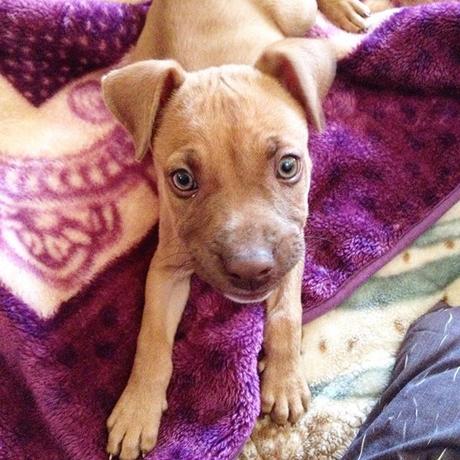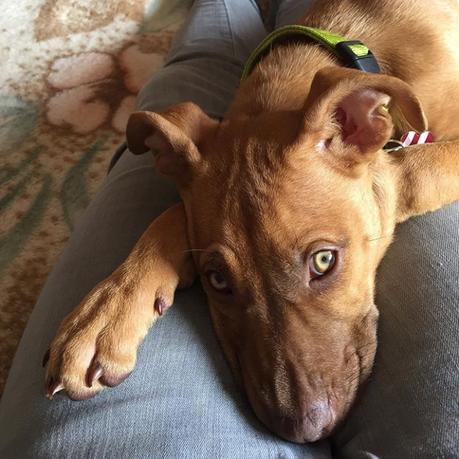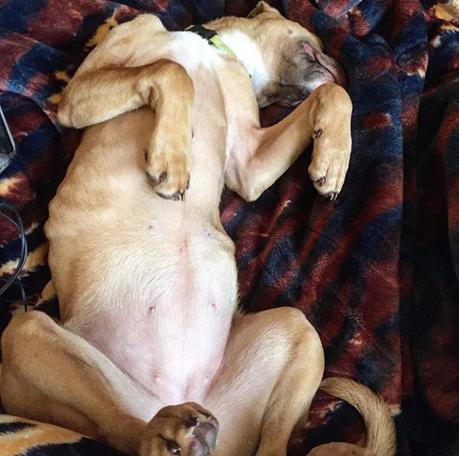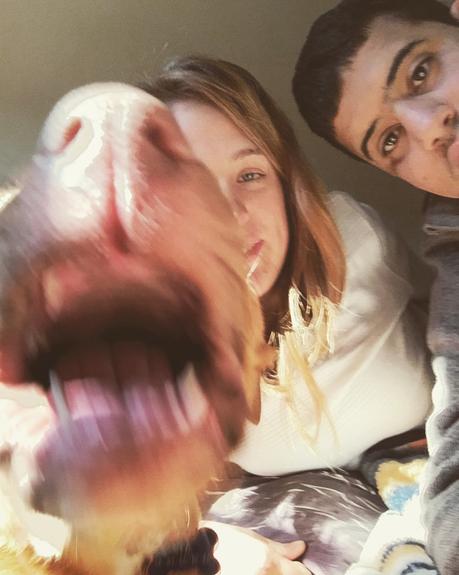When I arrived to Morocco as a very single twenty-three year old, what the general public seemed most concerned with at the time was my lack of a husband. The pie chart of personal FAQs that everyone, from the taxi driver to the guy selling me dates in souk, felt totally okay with asking me would probably break down into the following three questions: “Are you married?” “Are you Muslim?” and “Would you like some tea?” Typically in that order.
So, what happens when you do dutifully get engaged, just like a good girl is supposed to? Do the questions stop? Can we concentrate on the religious issue and the hunger instead? Ha. Do not pass go, do not collect your monthly salary of $200 (an actual figure). Instead, the question of children ascended directly to the number one spot– although, in fact, it was posed as less of a question and more along the lines of an expectation. “When you have children…” became a totally acceptable, not at all weird or invasive way to demarcate future time.
To illustrate the point: this summer, when the one-year old ink on my marriage license was just beginning to dry, I had a conversation with my sister-in-law’s mother-in-law that literally, word for word, played out like this:
Sister-in-law’s mother-in-law: Hello.
Me: Hello.
SILMIL: When will you have children?
Me: I already have children ::shows her picture of my family’s two dogs in America::
SILMIL: ::waves away phone, repeats the question more slowly, as if dealing with someone hard of hearing:: I said, when will you have children?
Me: ::puts phone away slowly, realizes this woman does not take the subject of children as a laughing matter:: …inchallah? A little later?
SILMIL: ::looks around, irritated:: She doesn’t seem to understand me, can someone translate?
Obviously the problem here was that I was producing a two-dimensional photograph of a furry child than a tangible– or should I say, pettable– reality. So, in November, Mustapha brought home the solution to all of our problems, and, simultaneously the source of so many more:

We named this little nugget “Fasiya,” which means a lady from Fes. This name got officially shortened into “Sia” maybe a week later when a group of people from Fes got a little testy about sharing a name with a four-legged creature. Someone also told me that dogs respond better to one-syllable names, so, yay. Everyone wins.
And so, with this, we dove face-first into parenthood in Morocco. I’m not going to say it was the dumbest decision in the world for two professionals who work 50+ hours per week and live in an apartment with no yard to get a very energetic puppy, but…let’s just say it’s a contender for the honor, depending on the day. This adorable muffin has eaten one of my books (before I finished it), almost all of our Office DVDs, a few blankets, a few shoes, an entire mattress, a brand new rug, and more socks that you can shake a stick at. Her poo has touched pretty much every surface in our apartment, and her nails have destroyed more than one knit-item from my closet, in addition to the skin on my hands and legs. Now that it’s getting warmer, her fur is shedding– which means that it’s falling off of her body and sticking onto mine. Oh, and she ate a black pen once. And the cord to Mustapha’s computer charger. And some unmentionable items from the outdoors.
But then she stops chewing on your hand for just one second and looks up at you like this:

Worth it.
Navigating motherhood in Morocco has been an interesting challenge. I already knew from living here before that dogs in Morocco exist within a strange and inconsistent space culturally. There are many who consider dogs to be haram, or forbidden in Islam. I’ll never forget my then-12 year old host sister telling me during my first few weeks in Morocco that if you have a dog in your house, the angels won’t come inside. So there’s that. People have also informed me that touching a dog is fine, but, if you do, you need to wash seven times before prayer. But there are plenty of people who do own dogs as pets here. In general, dog owners fall into two categories: the fancy foreigners with tiny, imported dogs, and the locals who own dogs for a work purpose, like herding or security. There are a significant number of street dogs as well, and they tend to come with a bad rap for attacking people. I’ve personally never seen street dogs do anything but run away with their tails in between their legs when a human gets close, but who knows. It doesn’t really matter. The result is visible: many people are afraid of dogs.
And I get to see this everyday. If people see me walking towards them with my leashed dog, they will cower in doorways until I pass. My upstairs neighbor refuses to enter the stairwell if I am taking the dog (again leashed) outside. A girl walking by my front door started to tear up and shake in fear when I took my (leashed, always leased) dog outside. Other kids will get excited and want to pet the dog but, when they approach her (when she’s leashed– she’s literally always leashed), they will scream and run away when she turns to face them. Maybe they know how destructive she is when it comes to decorative paper lanterns from Target– that makes me want to scream too. Or maybe it’s because she looks this deadly and ferocious:

In the end, I guess it doesn’t really matter what people think of our little killer. What is important is that, when extended family makes declarative statements about when we will have children, I can show them my torn clothes with dog hair all over them, or perhaps the bite marks on my hand, and say, “We’ve got plenty already.” Baraka.

